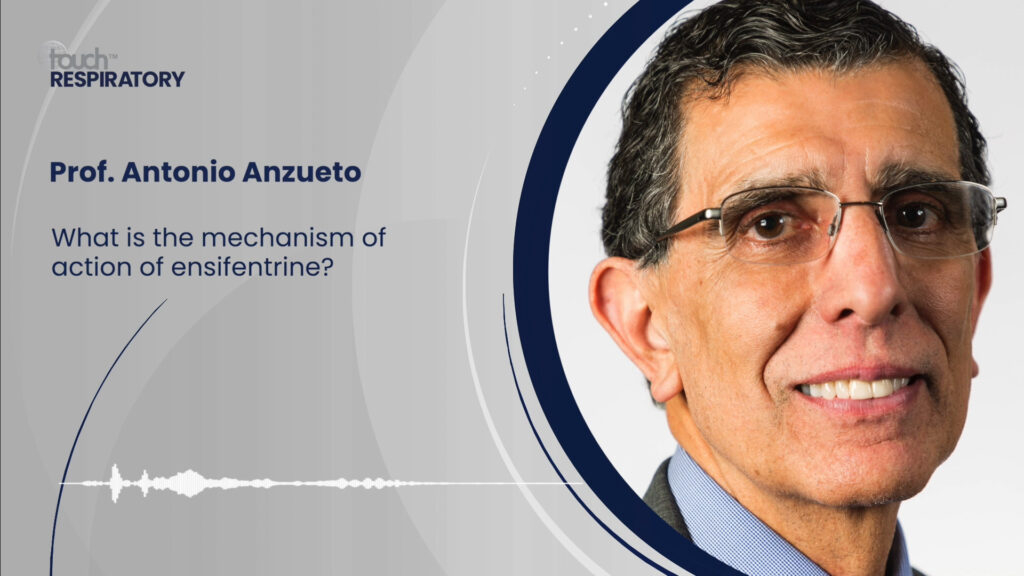 A recent phase 2 trial published in The Lancet Respiratory Medicine has demonstrated that benralizumab, a monoclonal antibody targeting interleukin-5 receptor-α, can significantly reduce treatment failure in eosinophilic exacerbations of asthma and COPD. Administered as a single 100 mg subcutaneous injection, with or without prednisolone, benralizumab reduced the odds of treatment failure at 90 days by four-fold compared to the standard care of 30 mg prednisolone daily for five days. With a number needed to treat of four, it also significantly improved symptoms at 28 days, providing a safer and more effective alternative to systemic glucocorticoids.
A recent phase 2 trial published in The Lancet Respiratory Medicine has demonstrated that benralizumab, a monoclonal antibody targeting interleukin-5 receptor-α, can significantly reduce treatment failure in eosinophilic exacerbations of asthma and COPD. Administered as a single 100 mg subcutaneous injection, with or without prednisolone, benralizumab reduced the odds of treatment failure at 90 days by four-fold compared to the standard care of 30 mg prednisolone daily for five days. With a number needed to treat of four, it also significantly improved symptoms at 28 days, providing a safer and more effective alternative to systemic glucocorticoids.
These findings highlight the limitations of the current “one-size-fits-all” approach to managing exacerbations with systemic glucocorticoids, which are known for their harmful side effects. Almost three-quarters (74%) of patients receiving standard care required additional treatment within 90 days, emphasizing the poor outcomes of short-course glucocorticoid therapy for eosinophilic exacerbations. By rapidly depleting eosinophils, benralizumab offers a precision medicine approach tailored to the eosinophilic endotype of inflammation, common to both asthma and COPD exacerbations.
This study marks a shift toward biologically driven treatments, addressing exacerbation endotypes rather than applying uniform therapies. Benralizumab’s efficacy and safety profile position it as a potential first-line precision treatment for eosinophilic exacerbations, but future research in the form of a phase 3 trial would be a useful next step in determining if benralizumab should be integrated into standard clinical practice.
Article citation: Ramakrishnan Set al. Treating eosinophilic exacerbations of asthma and COPD with benralizumab (ABRA): a double-blind, double-dummy, active placebo-controlled randomised trial. Lancet Respir Med. 2024;Epub ahead of print.
Disclosures: This article was created by the touchRESPIRATORY team utilizing AI as an editorial tool (ChatGPT (GPT-4o) [Large language model]. https://chat.openai.com/chat.) The content was developed and edited by human editors. No funding was received in the publication of this article.











